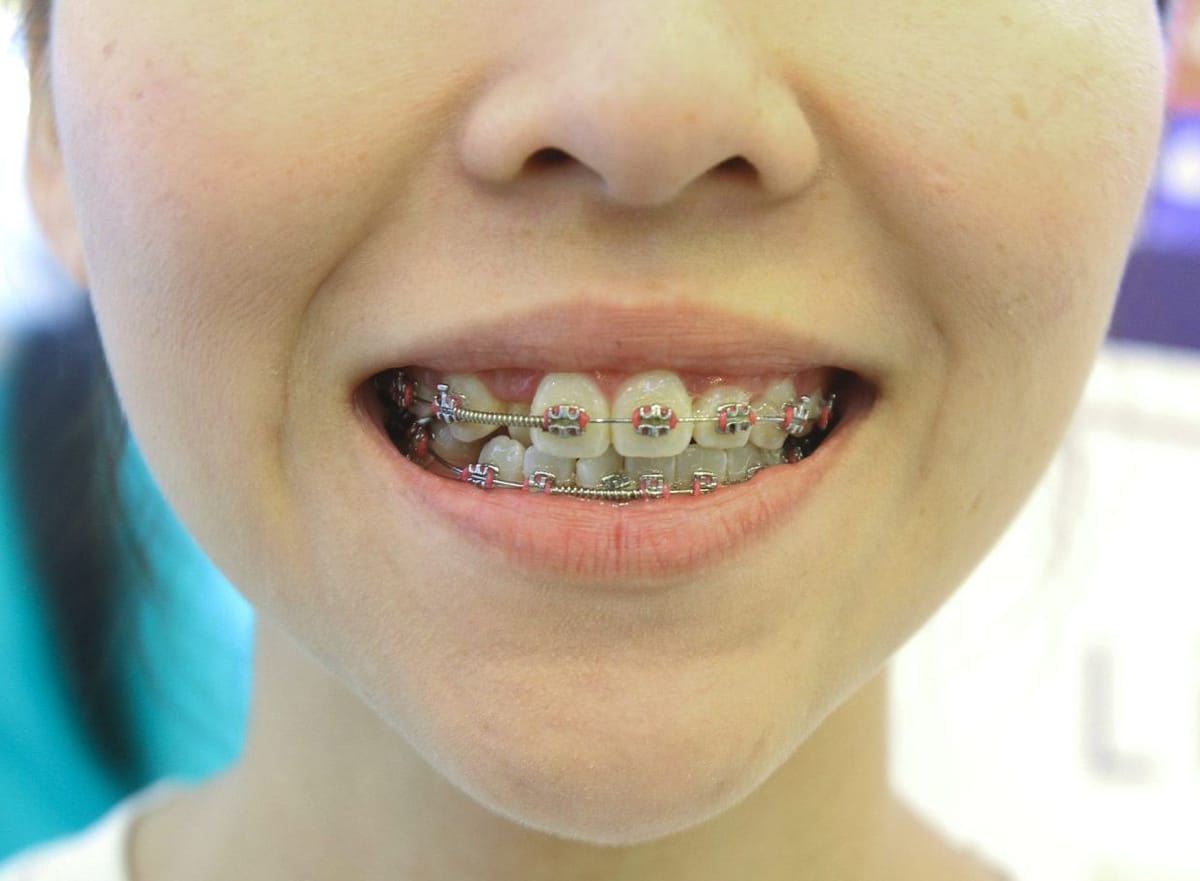INTERACTIVE: Malaysian teens don't smile for this curious reason

Source: The Star
PETALING JAYA: Refusing to smile and missing class - these are just some examples of how poor dental health has affected teens in Malaysia.
Fewer adolescents are brushing their teeth twice a day - from 87.1% in 2017, the rate fell to 82.2% in 2022.
More teens have also skipped class or online learning due to toothaches.
But in a more curious twist, a higher number are choosing not to smile or laugh due to the appearance of their teeth.
This happens in almost one in three teens, or at a rate of 31% as of 2022.
These numbers are from the Adolescent Health Survey 2022 by the Health Ministry, conducted among 36,000 students aged 13 to 17 from secondary schools nationwide.
The findings also revealed that fewer teens visited their dentist within a year.
Ironically though, the use of dental floss among these young Malaysians went up from 19.3% in 2017 to 21.4% in 2022.
It is concerning that there is a high rate of teens who avoid smiling due to their teeth.
This is because it could affect their mental well-being as they transition into adults, said the Health Ministry when contacted.
"In the age of social media, adolescents may perceive social acceptance as a paramount factor.
"Individuals who perceive their smile and dental alignment as less appealing may grapple with low self-esteem, leading to negative effects on their mental health," the ministry said.
However, it was common for adolescents to seek orthodontic treatment like braces at this age.
"During this time, one's appearance can deeply impact self-acceptance," said the ministry.
Teens from Putrajaya, Selangor and Labuan polled the highest on avoiding smiles due to their teeth, compared with other states.
Meanwhile, Kuala Lumpur has the lowest percentage of teens who brush their teeth twice a day.
Only 78.9% of adolescents in the Federal Territory had the habit of brushing twice daily.
Labuan, on the other hand, is tops for having the highest rate, with 85.7% of teens practising this healthy habit.
On possible reasons for fewer teens brushing twice a day in Malaysia, the ministry said there were interruptions in school dental services due to the Covid-19 pandemic from 2020 to 2022.
"It might have increased the likelihood of students losing healthy habits they had cultivated during the school year, especially during holidays.
"This could have led to the decrease in maintaining proper oral hygiene," it said.
Concurring, Malaysian Dental Association (MDA) president Dr Mas Suryalis Ahmad said the pandemic played a part in the decline.
She said the survey was conducted at a time when Covid-19 was still at a fever-high across the world.
"Routine activities, including education, were affected.
"One of the subjects which may have been affected is Physical and Health Education, taught to those in Forms One to Five.
"Secondary school students may have experienced compromised learning about dental health, which is part of the curriculum," she said.
Dr Mas Suryalis said programmes to educate the community like tooth-brushing drills and oral health talks were also halted for over a year.
"Another point is the reduced access to professional dental services that happened during that time.
"Studies have shown that there was a decline in visits to the dentist, with most patients only seeking help for emergencies or symptomatic treatment," she said.
Preventive activities, such as oral hygiene care instruction, were not promoted to the masses as often.
Sometimes, toothaches were so bad that Malaysian adolescents had to skip lessons in school or via online learning.
Based on the data, about one in 10 teens said their toothaches led them to cut class.
Kelantan emerged as the state with the highest rate of teens who admitted to this at 15.6%, followed by Sabah with 15.4%.
Meanwhile, most young adults aged between 15 and 24 were found to have dental calculus or tartar, based on the ministry's National Oral Health Survey of Adults conducted in 2022.
Tartar are deposits that form and coat the teeth, which can build up and cause gum disease.
"If left untreated, these conditions can progress to a severe form of gum disease known as periodontitis.
"Periodontitis involves bone loss and, ultimately, can lead to tooth loss," said the ministry.
Here are other key numbers on the oral health of our youths:
Moving forward, the Health Ministry is aiming to raise more awareness about good oral health, highlighting its connection with overall physical well-being.
Such a goal is in line with its theme for World Oral Health Day this year, "Healthy Mouth, Healthy Body."
"This effort includes collaborations with various agencies like religious institutions to promote oral health at mosques, temples and others.
"The ministry will also encourage effective daily tooth brushing in nurseries, kindergartens and preschools to instill good oral hygiene habits from an early age," it said.
To ensure access to oral health screenings at least once a year, the ministry carries out community outreach programmes.
"This is through the use of mobile dental clinics or teams, with priority given to underserved populations, persons with disabilities, elderly individuals in institutions, and school students," the ministry said.
MDA's Dr Mas Suryalis said it would be timely for campaigns to be held to promote better understanding of the relationship between oral and general health.
"At an individual level, one must instil self-awareness about oral health care, and undertake self-care initiatives.
"These efforts include doing a self-examination of one's own oral cavity to detect 'suspicious' lesions, avoiding smoking and adopting healthy habits like exercising," she said.
